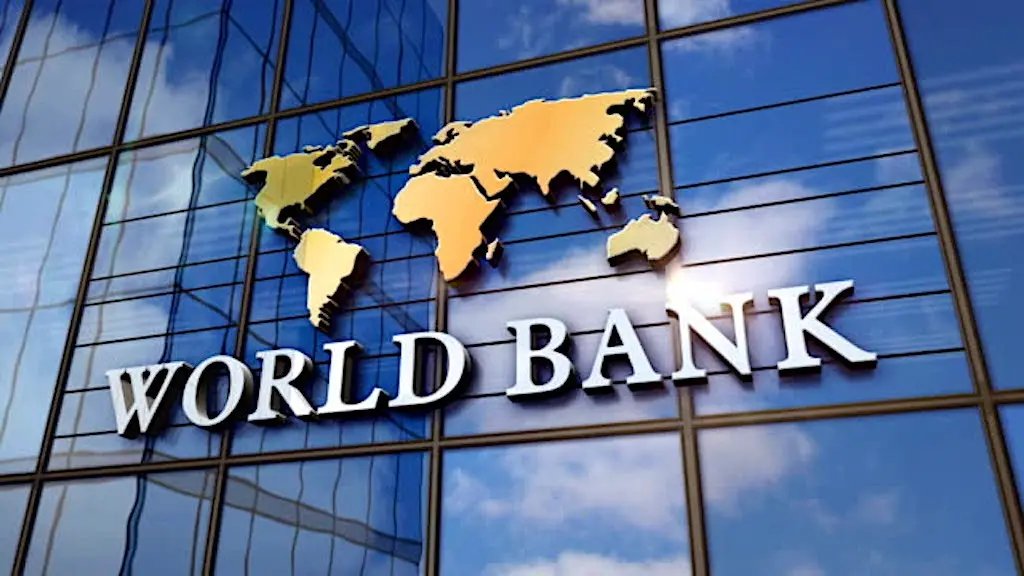In a stark warning, the World Bank has released a comprehensive report highlighting the devastating global food crisis, with one billion people on the brink of hunger. The alarming study sheds light on the magnitude of the crisis, underscoring the urgent need for international cooperation and immediate action to address the impending humanitarian catastrophe.
According to the World Bank’s report, soaring food prices, extreme weather events, and socio-economic disparities are among the critical factors exacerbating the crisis. The situation is particularly dire in developing countries, where vulnerable communities are facing acute food shortages and malnutrition.
The impact of the crisis is multi-faceted, encompassing not only food insecurity but also a host of related issues such as poverty, health, and social instability. The report warns that without immediate intervention, millions of lives are at risk, and progress made in poverty reduction and sustainable development over the past decades could be rapidly undone.
The World Bank President, in a press conference held to release the report, stated, “We are facing a crisis of unprecedented proportions. One billion people struggling to secure enough food to survive is a damning indictment of our collective failure to address the root causes of food insecurity. The consequences of inaction are severe, and we cannot afford to stand by idly.”
As the crisis unfolds, governments worldwide are being urged to prioritize and allocate resources to combat the issue. Experts stress the importance of strengthening agricultural systems, investing in rural development, and providing support to small-scale farmers to increase food production and distribution.
Furthermore, the report calls for enhanced climate change mitigation and adaptation measures to tackle the extreme weather patterns that have become increasingly common, leading to agricultural disruptions and crop failures.
The international community is also being urged to step up humanitarian aid and collaboration efforts to support the most affected regions. NGOs and relief organizations play a crucial role in providing immediate assistance to vulnerable populations, ensuring access to food, water, and healthcare.
In response to the World Bank’s report, several countries have already pledged financial and logistical aid to tackle the global food crisis. Regional alliances and organizations are also collaborating to share resources and expertise to address the situation collectively.
However, some experts argue that short-term solutions alone may not be sufficient to combat the root causes of food insecurity. They stress the need for long-term strategies focused on sustainable agricultural practices, equitable economic growth, and social welfare systems.
The crisis also highlights the importance of global cooperation on trade and commerce policies to ensure fair access to food supplies and mitigate the impacts of export restrictions and price manipulations.
Simultaneously, efforts to reduce food waste and promote sustainable consumption patterns are gaining traction. The World Bank’s report emphasizes the significance of reducing food loss at various stages of the supply chain, as this could significantly alleviate pressure on global food reserves.
In addition to governmental and organizational responses, individuals are being encouraged to contribute to the fight against hunger through charitable actions and raising awareness about the crisis. Small-scale actions, such as community food drives and responsible consumption habits, can collectively make a substantial difference.
As the international community mobilizes to address the food crisis, it is essential to remember that solving this global challenge will require sustained commitment and collaboration on multiple fronts. Policymakers, private sectors, civil society, and individuals must work hand in hand to implement comprehensive strategies that prioritize the well-being of the most vulnerable populations.
The World Bank’s report serves as a wake-up call to the world, urging swift action to avert a human catastrophe of unprecedented scale. With one billion lives hanging in the balance, the global community must unite and act decisively to ensure that no one goes hungry, and the right to food becomes a universal reality.












